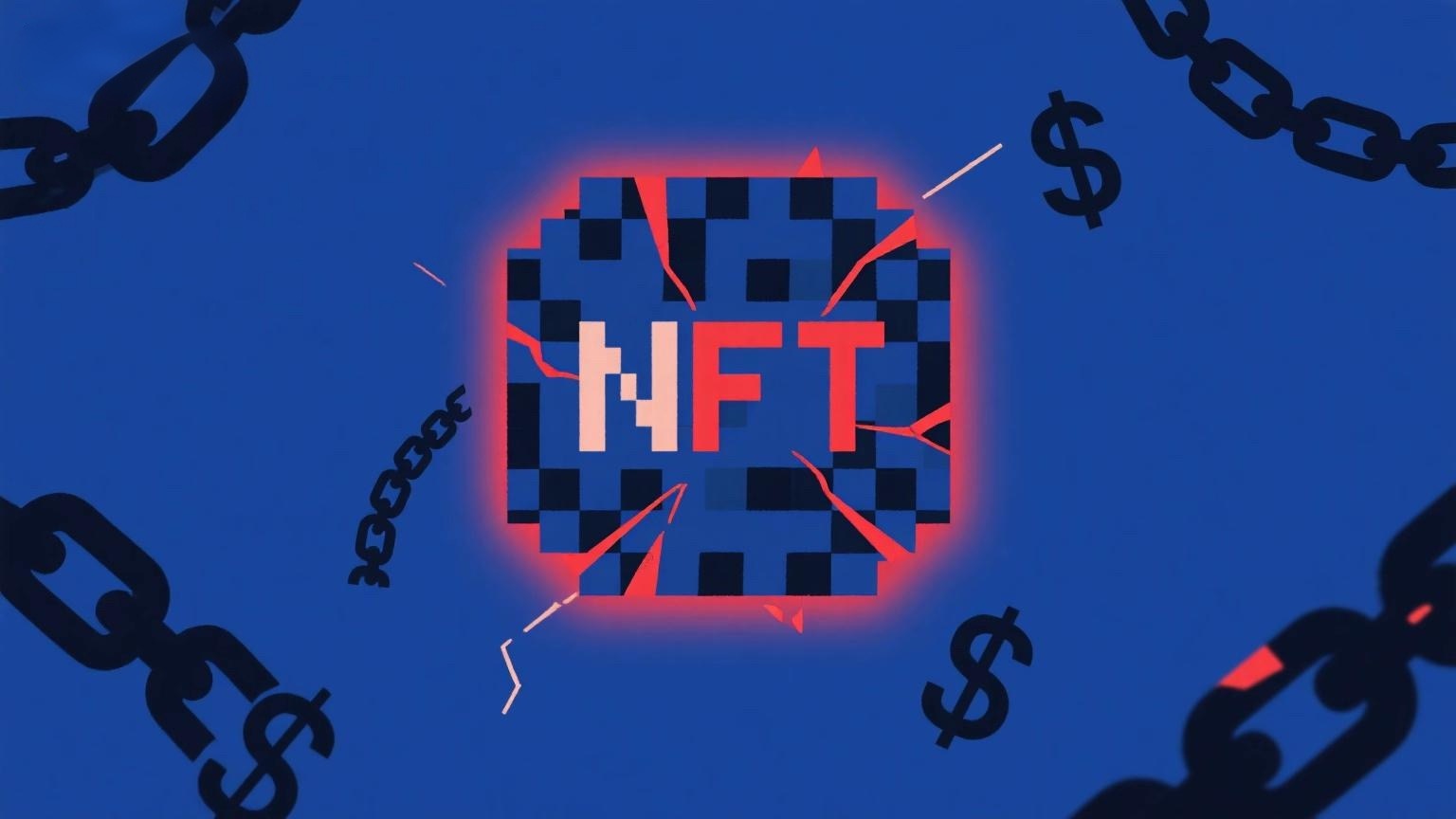
The world of NFT art, despite its creativity and innovation, remains vulnerable to a range of scams and fraudulent activities. Common examples include the sale of counterfeit digital artworks, theft of artist identities, and fraudulent investment schemes impersonating legitimate NFT projects.
OpenSea Scams
OpenSea, a leading NFT marketplace, attracts various scams. Scammers often list counterfeit versions of popular NFTs for sale, deceiving buyers into purchasing fake or plagiarized artworks. Another prevalent scam is phishing, which uses links mimicking legitimate OpenSea websites to steal wallet information and funds.
To combat these scams, OpenSea has implemented measures such as account verification and flagging suspicious activity. However, users must remain vigilant. They should verify the authenticity of NFTs, assess seller credibility, and use OpenSea’s official website to avoid these scams.
Bored Ape Scams
Scammers also target the Bored Ape Yacht Club (BAYC) collection, known for its high-value, celebrity-endorsed NFTs. The high demand and widespread media attention make it an attractive target. Bored Ape Yacht Club (BAYC)-related scams typically involve selling counterfeit Bored Ape NFTs, stealing these valuable NFTs from owners via phishing, and using the BAYC brand in fraudulent investment schemes to deceive victims.
Collectors and investors hoping to avoid Bored Ape scams should be wary of deals that seem too good to be true, verify the authenticity of Bored Ape NFTs through official channels, and stay alert to phishing attempts targeting BAYC NFT holders.
Logan Paul NFT Game Scam
Internet celebrity Logan Paul and his associates faced a class-action lawsuit over their NFT project, CryptoZoo. This NFT-based game, launched in September 2021, was advertised as an "autonomous ecosystem" for trading virtual exotic animals.
The lawsuit alleges that Paul’s team engaged in deception by marketing CryptoZoo to his followers, who were largely unfamiliar with digital currencies. This led a significant number of them to purchase the NFTs. Further accusations claim the game was non-functional or nonexistent, and the defendants manipulated the Zoo token market. Allegedly, after selling all the NFTs, they transferred the funds to wallets under their control.
Additional allegations include the game being non-functional or entirely nonexistent, as well as the defendants manipulating the digital currency market for Zoo tokens for personal gain. Reportedly, after completing the sale of all NFTs, the defendants transferred the funds to wallets they controlled.
















